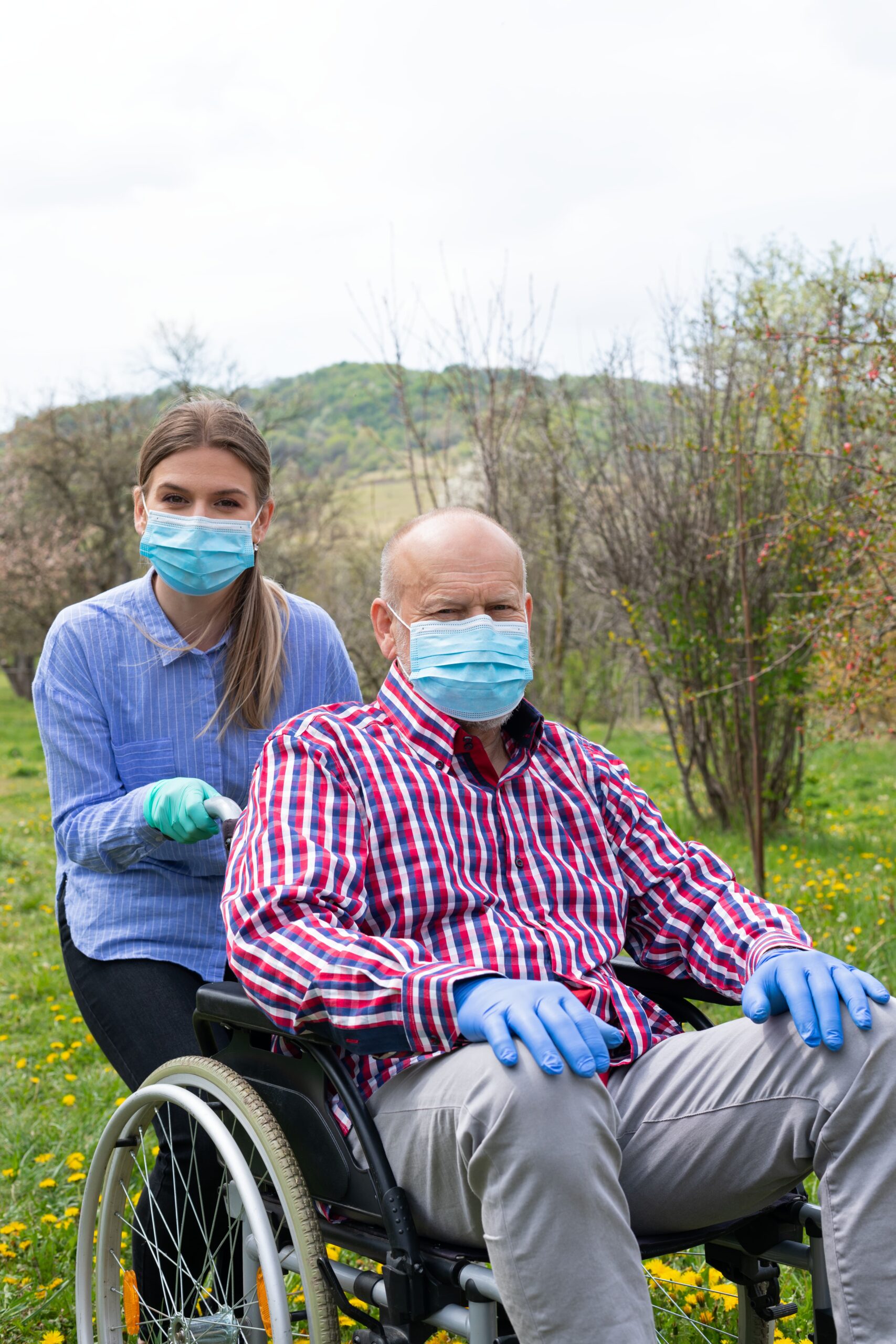There was a disturbing story in The New York Times which reported that new research found that women may not realize that they are having symptoms of heart problems, and that their doctors aren’t picking up on it either. Studies have shown that women are more likely than men to dismiss the warning signs of a heart attack, sometimes waiting hours or even longer before calling 911 or going to the hospital. Now researchers are finding that this may be due to the fact that women have less serious symptoms than men when having a heart attack, and doctors have also been downplaying their symptoms and delaying treatment. Women sometimes have no chest pain but rather have more subtle symptoms like shortness of breath, cold sweats, malaise, fatigue and jaw and back pain. And when they do get to the hospital, a study which was published in the Journal of the American Heart Association which studied data from millions of emergency room visits before the pandemic, found women complaining of chest pain had to wat an average of 11 minutes more than men to see a doctor or nurse. The study also found that women were less likely to be admitted to the hospital, had less thorough evaluations, and were less likely to be administered tests like an electrocardiogram, or EKG, which can detect heart problems. One study found that women complaining of symptoms consistent with heart disease, including chest pain, were twice as likely to be diagnosed with a mental illness than men who complained of identical symptoms.









